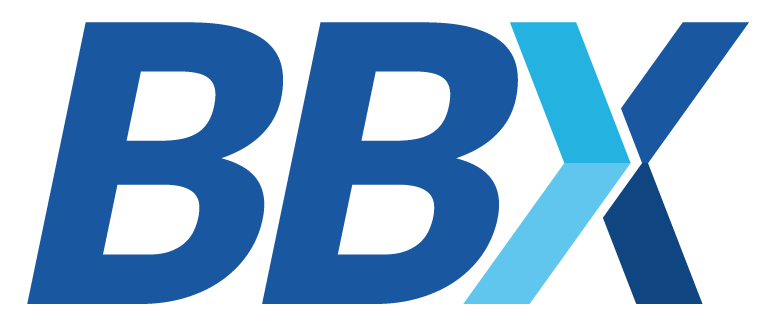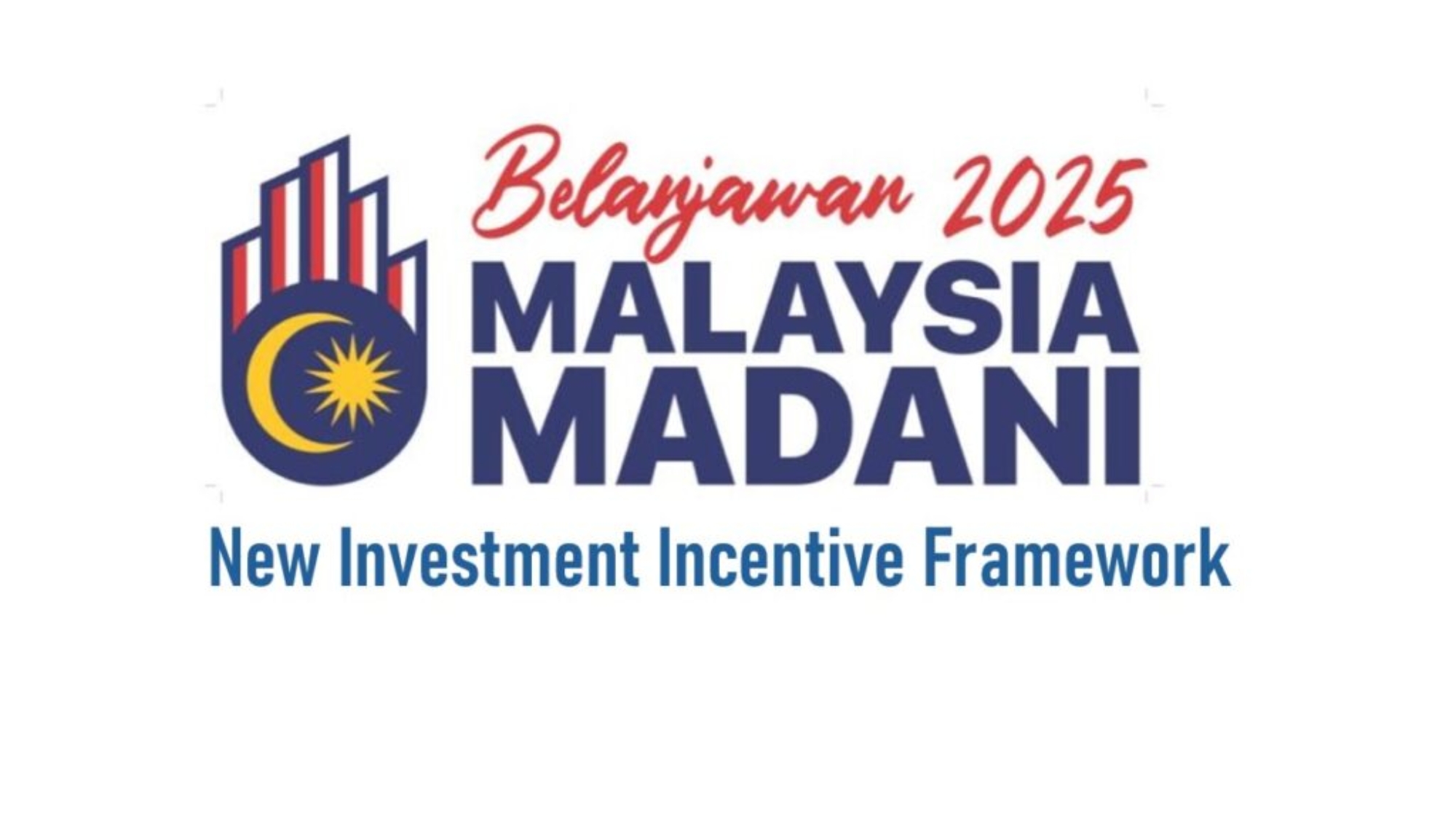Co-written by Jeremy Tan, CEO of Core Invest Institute & Bull Bear Vector
Malaysia’s Budget 2025 includes a pivotal introduction of the New Investment Incentive Framework, focusing on high-value activities rather than product-specific incentives. This framework will be implemented in the third quarter of 2025 and represents a shift in how Malaysia supports business growth and competitiveness. For micro, small and medium-sized enterprises (MSMEs), this offers an opportunity to enhance their economic moat—a concept popularized by Warren Buffett—by leveraging government support and strategic advantages like economies of scale, network effects, and switching costs.
In this post, we will explore key highlights of the budget and how MSMEs can benefit from the New Investment Incentive Framework. Part 2 will explore the budget highlights for MSMEs in specific industries and how businesses can use this period (October 2024 to July 2025) to improve their economic moat and align themselves with Malaysia’s growth strategy.
Key Budget Highlights For MSMEs
With Budget 2025 setting a record for funding allocation (RM421 billion), many new initiatives and opportunities will become available to business owners, all of which are expected to enhance the resilience and competitiveness of MSMEs. These businesses are the backbone of the national economy, contributing 40% of GDP and employing nearly half of the national workforce; prioritizing and supporting their development is therefore a key strategy for driving economic growth.
Business Financing
The Budget allocates RM40 billion for business loans and financing guarantees across various government agencies. This includes a RM20 billion guarantee for MSMEs through Syarikat Jaminan Pembiayaan Perniagaan Bhd (SJPP), with RM5 billion reserved for Bumiputera MSMEs. Additionally, RM3.2 billion has been set aside for micro-loans via TEKUN and BSN – targeting small vendors within demographics such as OKU, and Chinese and Bumiputera communities. Programs like i-TEKAD will also receive RM20 million in matching grants to help insure low-income micro-entrepreneurs.
Stamp duty exemptions will also be introduced, applicable to loan/financing agreements executed by MSMEs with investors through the Initial Exchange Offering (IEO) platform from 2025 to 2026. Access to credit has historically been an issue for MSMEs – especially for those facing challenges with collateral – and these guarantees and loans are set to help them secure the necessary financing for business development and expansion.
Digitalization Grants
Accelerating the digital transformation of MSMEs remains a priority; while many business owners are receptive to the adoption of digital technologies and have explored areas such as social media marketing and e-invoicing, many more have yet to realise its full potential for boosting growth and creating new opportunities. Going beyond surface level implementation can prove to be challenging due to cashflow constraints.
The Budget includes RM3.8 billion specifically for MSME digital and automation transitions, facilitated by Bank Negara Malaysia (BNM). Over RM50 million has been allocated under the MSME Digital Matching Grant and BSN’s Digital Grant (GDPM) to assist with subscription to digital services, up to 50% of the invoice amount or up to RM5000 for eligible businesses. These include a wide range of digital tools:
- Electronic Point of Sale (e-POS) System
- Human Resources/Customer Relationship Management (CRM)
- Digital Marketing & Sales
- Cybersecurity
- Enterprise Resource Planning (ERP)
- Accounting & Tax
- Digital Signature
- Internet of Things (IOT)/Smart Systems
This will help MSMEs to offset digitalization costs and adopt new and innovative solutions, enabling them to remain competitive, while also attracting global investors from tech-related industries.
ESG and Green Technology
With the recent implementation of the National Industry Environmental, Social, and Governance (i-ESG) framework, MSMEs have become a key focus of national efforts to promote ESG principles to align with the increasing global awareness of climate change, sustainability, and social challenges – and are also a major consideration for investors and consumers. To help achieve Malaysia’s ambitious target to achieve net-zero emissions by 2050, over RM300 million will be provided under the National Energy Transition Facilitation (NETF) fund, while the Green Technology Financing Scheme will be extended until 2026 with RM1 billion in funding.
MSMEs that adopt sustainable business practices can access cheaper financing. Firms investing in green technology or renewable energy can build a strong intangible asset advantage, where brand reputation for sustainability attracts long-term customers and partners. This can also lead to lower costs in energy consumption, giving them a cost advantage. With the government demonstrating a commitment towards the national clean energy transition and ESG-compliant supply chains becoming part of regulations, there is a clear opportunity for MSMEs to innovate and adopt green technology sooner than later.
Jeremy Tan is the CEO of Core Invest Institute and Bull Bear Vector, both financial education and analysis firms based in Singapore, focused on empowering investors and traders with tools, strategies, and insights.
Core Invest Institute: This institute is dedicated to teaching value investing principles and options trading to help individuals build long-term and short-term wealth. It offers various courses and resources on understanding financial statements, assessing company valuations, and developing investment strategies based on fundamental analysis.
https://coreinvest.me

